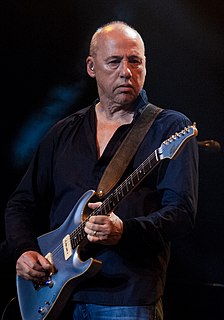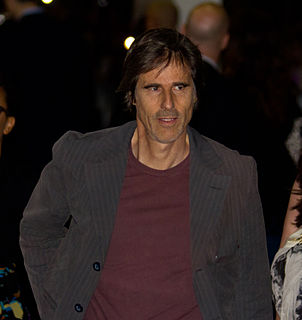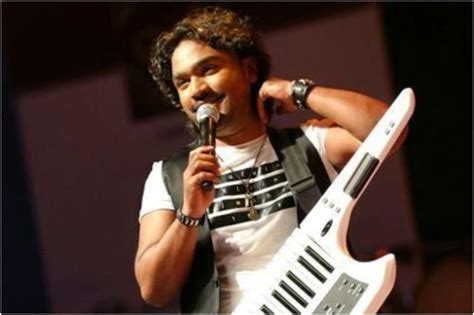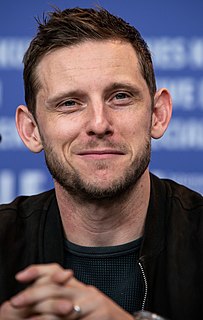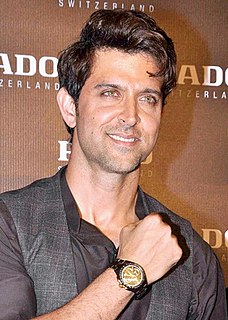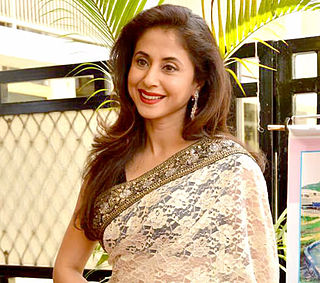Цитата Зои Ахтар
Это часть нас, кинематографистов и зрителей; то, что мы не можем сказать диалогами, мы говорим песней. Мы рассказываем истории через песни, смотрим на наши народные культуры.
Связанные цитаты
Каждый из нас состоит из историй, историй не только о себе, но и историй о предках, которых мы никогда не знали, и людях, которых мы никогда не встречали. У нас есть истории, которые мы любим рассказывать, и истории, которые мы никогда никому не рассказывали. Степень, в которой другие знают нас, определяется историями, которыми мы решаем поделиться. Мы выражаем глубокое доверие кому-то, когда говорим: «Я собираюсь рассказать вам то, чего никогда никому не говорил». Обмен историями создает доверие, потому что благодаря историям мы приходим к пониманию того, как много у нас общего.
Я мужчина, а мужчины — животные, которые рассказывают истории. Это подарок от Бога, который создал наш вид, но оставил нерассказанным конец нашей истории. Эта тайна беспокоит нас. Как же может быть иначе? Мы думаем, как без заключительной части понять все, что было раньше: то есть нашу жизнь? Поэтому мы сочиняем собственные истории, лихорадочно и завистливо подражая нашему Создателю, надеясь, что случайно расскажем то, что Бог оставил несказанным. И закончив наш рассказ, придем к пониманию, зачем мы родились.
Какая разница, если мы рассказываем одни и те же старые истории? ...Истории рассказывают нам, кто мы есть. На что мы способны. Когда мы выходим на поиски историй, мы, я думаю, во многих отношениях идем на поиски самих себя, пытаемся найти понимание своей жизни и людей вокруг нас. Истории и язык говорят нам о том, что важно.
Почему мы рассказываем истории? Это потому, что мы хотим общаться с людьми, мы хотим рассказать им, кто мы, мы хотим рассказать им историю, которая влияет на нас, которая влияет на нас. И помогать молодому режиссеру, снимающему короткометражный или независимый фильм, — это мое завещание, я думаю, это мое желание действительно сделать так, чтобы наши младшие поколения передавали весь опыт старших и буквально имели образ — буквально несли их дальше. их плечи и сказать: «Вот что такое мир». Так устроен мир. Позвольте мне показать вам, как это сделать.
Бог дал музыке силу нести его свет во тьму. Это большая привилегия. Это означает намеренно рассказывать истории и писать песни, которые несут правду, которая переживет сами песни. Если бы я сделал это в надежде на бурные аплодисменты и кучу денег, я бы давно уже ушел. Но бывают моменты на сцене, когда я чувствую что-то волшебное, связь с группой и публикой, когда наши истории пересекаются и вдруг мы плывем по древней реке. Внезапно песня становится вторичной по отношению к большей истории, рассказываемой через каждого из нас.
Некоторые люди говорят, что героини просто должны хорошо выглядеть и создавать гламур. Некоторые говорят, что героини прошли долгий путь от танца и песни. Сегодня имя героини придает вес фильму, хотя, возможно, они не могут нести весь фильм на своих именах. Я считаю, что да, мы вносим большой вклад в создание фильмов.


